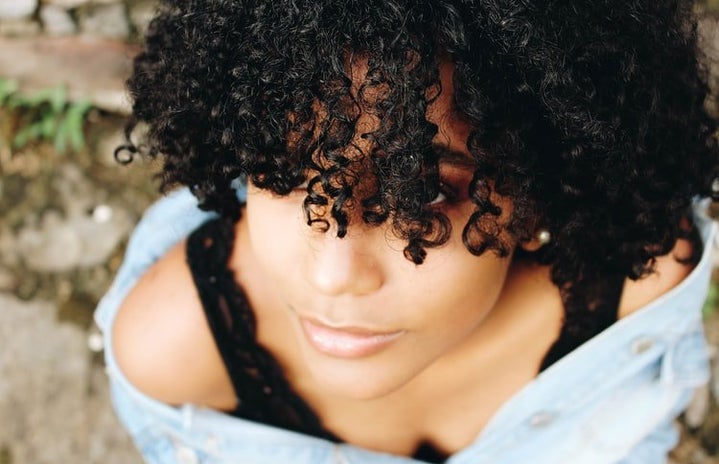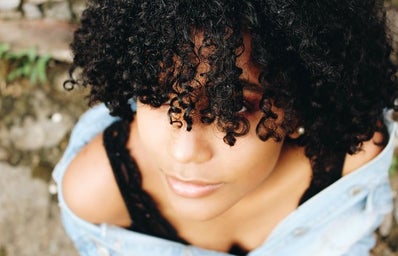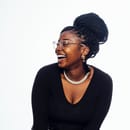It is no secret that the natural hair community has grown significantly, however, has the community helped or demised the people that rely on it? According to Curlcentric.com, the natural hair movement is focused on encouraging women with African ancestry to celebrate and enjoy the natural characteristics of their kinky, curly, hair texture. However, this movement which has deemed to uplift all curly and kinky hair types has fallen short of its sole purpose.
During covid-19 quarantine, I had the opportunity to watch Chris Rock’s Good Hair. Throughout this documentary, Rock interviews black women on their definition of “good hair.” In addition, he tries to understand where the term comes from. In the opening scene of the movie, actress Nia Long states, “There’s always this sort of pressure within the Black community like, oh, if you have good hair, you’re prettier or better than the brown-skinned girl that wears the afro or the dreads or the natural hairstyle.” This 2009 film highlights how important hair is to the African American community and it will be the driving wedge between how people treat you.
The tik tok community has also allowed the natural hair community to be bombarded by people who the movement was not created for. The movement was created for men and women who have tight curl patterns that were not socially acceptable. However, men and women with looser curl patterns have become the face of the natural hair community. Once people with looser curl types took the time and effort to properly take care of their curls, hair companies began using them as the forefront of their marketing strategy. For example, there is a natural hair line called Mixed Chicks. With a name like that, they seem to only market their supplies to mixed women. But what about the rest of the tight curly hair community? The natural hair movement has proven once again seclusive to what kind of hair type they want to support.
Even though natural hair companies claim they want to help naturals, their products and the way they advertise have only furthered the harm done to the natural hair movement. Even though society has tried to evolve from the term “good hair,” the natural hair community has only highlighted a new type of “good hair.” These companies have preyed on their consumers to make them feel like their hair is able to obtain a certain look. Hair companies that specialize in natural hair market their products to achieve a certain look, so consumers will continue to buy the products even though that exact look is not within reach for everyone.
The natural hair community is also full of a lot of myths. The black community was never given a book on how to properly take care of their hair. The black community has been constantly told to alter our hair for professional appeal, therefore, we were never really allowed to experiment with our natural hair. Before a spike in the natural hair movement, little black girls were likely to see their first perm before they were 7. A perm would change their hair and make it more “manageable.” Therefore, black people are not really accustomed to taking care of our hair.
Even though the movement was aimed for natural hair to become acceptable, the natural hair community is very judgmental. In recent twitter affairs, licensed natural hair stylists have recommended eliminating the use of oils and butters from people’s routine. There were so many people attacking their methods. The natural hair community has been trained so long by YouTube University that they no longer realize when an expert is trying to teach them how to properly take care of their hair
As the natural hair movement continues to evolve, hopefully it becomes more of a safe haven for black women and men. The natural hair community should seek recommendations from professionals and help each other when necessary. The black community has been told for so long that our natural hair was unprofessional that now the natural hair movement’s only responsibility should be helping black people grow healthy hair.


